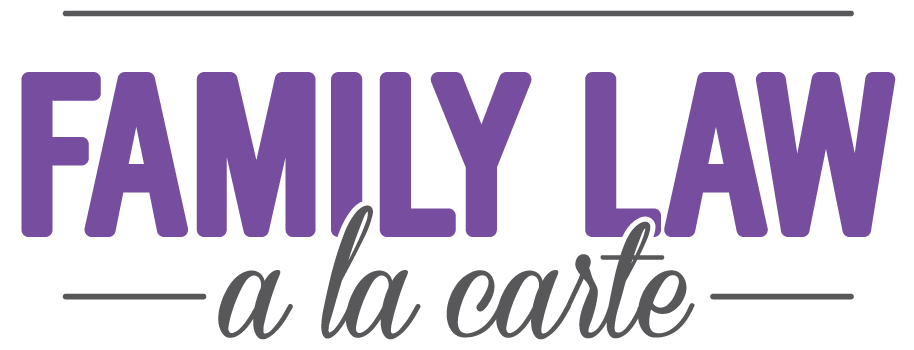“You don’t write because you want to say something, you write because you have something to say.”
– F. Scott Fitzgerald
Legal writing is its own unique form. You have to understand the purpose of the document, how it’s going to be used, who the reader will be, what to include, and sometimes more importantly, what not to include. You have to understand legal terms and how to use them accurately. You have to be mindful of tone, structure, and clarity. You have to know how to properly cite legislation and previous cases.
Decision-makers (like judges and arbitrators) and neutrals (like mediators and parenting coordinators) often first learn about your family law issues in writing – before they ever meet or hear from you directly. Making sure that your writing hits the mark is critical. It lays the groundwork for everything that follows it.
Hiring a lawyer on a limited scope basis to prepare a written document for you ensures that it is done properly. It can be the roadmap to let you then carry on that step or move to the next step. For example, if a lawyer prepares your motion material, you can then argue the motion on your own knowing that you are well- positioned.
Hiring a lawyer on a legal coaching basis to assist you with legal writing can be extremely valuable. While you do the actual writing yourself, the legal coach can help you understand the purpose of the document and guide you as you write. For example, a legal coach can help set up the various headings and explain what type of information to include under each heading. The legal coach can edit what you have written and provide you with feedback about what works and what could use revising.
Never underestimate the power of a well-written legal document.
Check back next week, ‘X’ is for …

